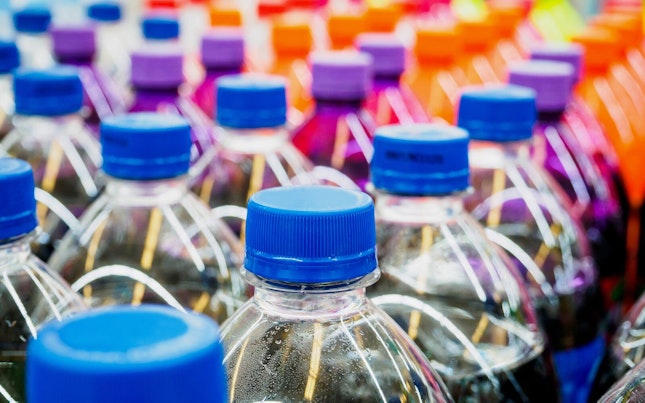FCM must not change the food they are in contact with or endanger human health. Globally, different markets maintain their own FCM regulations to stop products being placed on the market that alter our food or bring about a deterioration in its organoleptic characteristics.
FCM are defined as materials or products intended to come into contact with food, are already in contact with food, or may reasonably be expected to come into contact with food. They can be found in the machinery that processes our food, the packaging that carries our food, and the equipment we use to store, cook and eat our food.
SGS’s global network of laboratories can help you comply with the FCM regulations governing your target market.
Looking for something specific?
Search within Food Contact Materials
Europe
In EU countries, Regulation (EC) No 1935/2004 provides the general framework for FCM. Some products may also come under the scope of targeted regulations for ceramics, elastomers and various forms of plastic. Individual countries may maintain their own FCM standards, which will exceed EU standards.
European countries not in the EEA are not bound by EU regulations but may use them as a guide.
Learn more about FCM Regulations in Europe >
USA
FCM are regulated in the USA by the Federal Food, Drug and Cosmetic Act (FFDCA). Stakeholders should also be aware of local prescriptions on FCM, including state specific requirements on bisphenol A (BPA) as well as per- and polyfluoroalkyl substances (PFAS), and state and county specific regulations on children’s products. Suppliers working in California also need to be aware of settlement agreements reached under California Proposition 65.
Learn more about FCM Regulations in the USA >
Canada
FCM are regulated in Canada by the Canada Consumer Product Safety Act (CCPSA). To gain compliance, manufacturers should also be aware of regulations relating to asbestos, glazed ceramics and glassware, infant feeding bottle nipples, kettles, phthalates, and surface coating materials.
Learn more about FCM Regulations in Canada >
Mercosur (Southern Common Market)
Similar to EU and US regulations, FCM sold in Mercosur markets need to comply with its general safety requirements, GMC Resolution Number 3/92. They must also conform to resolutions covering glass and ceramics, elastomers, adhesives, polymeric and resinous coatings, metals and alloys, and resolutions for plastic additives and colorants.
Learn more about FCM Regulations in the Mercosur region >
Asia Pacific Region
FCM regulations in the Asia Pacific Region are defined by complexity. Without a single common market, jurisdictions maintain localized regulations, some of which are based on international requirements. Stakeholders are advised to consider the regulations that pertain specifically to their target market to ensure compliance.
Learn more about FCM Regulations in the Asia Pacific region >
FCM Requiring Designated Laboratories and/or Certification
Complying with technical specifications alone may not be sufficient to place FCM on certain markets. These jurisdictions have implemented strict measures and controls by only recognizing designated laboratories to conduct testing and/or certification bodies (CB) to certify the FCMs are in compliance before allowing these products to access their markets.
Learn more about FCM Regulations Requiring Designated Labs and/or Certification >
In all regions, compliance for FCM can be a complex process for economic operators. To avoid costly non-compliance, suppliers are advised to seek professional regulatory assistance for their target market.








